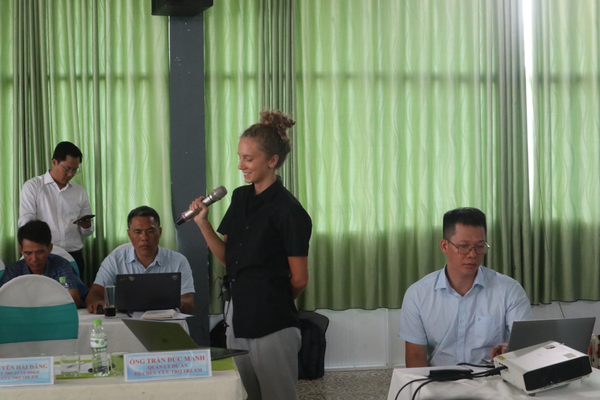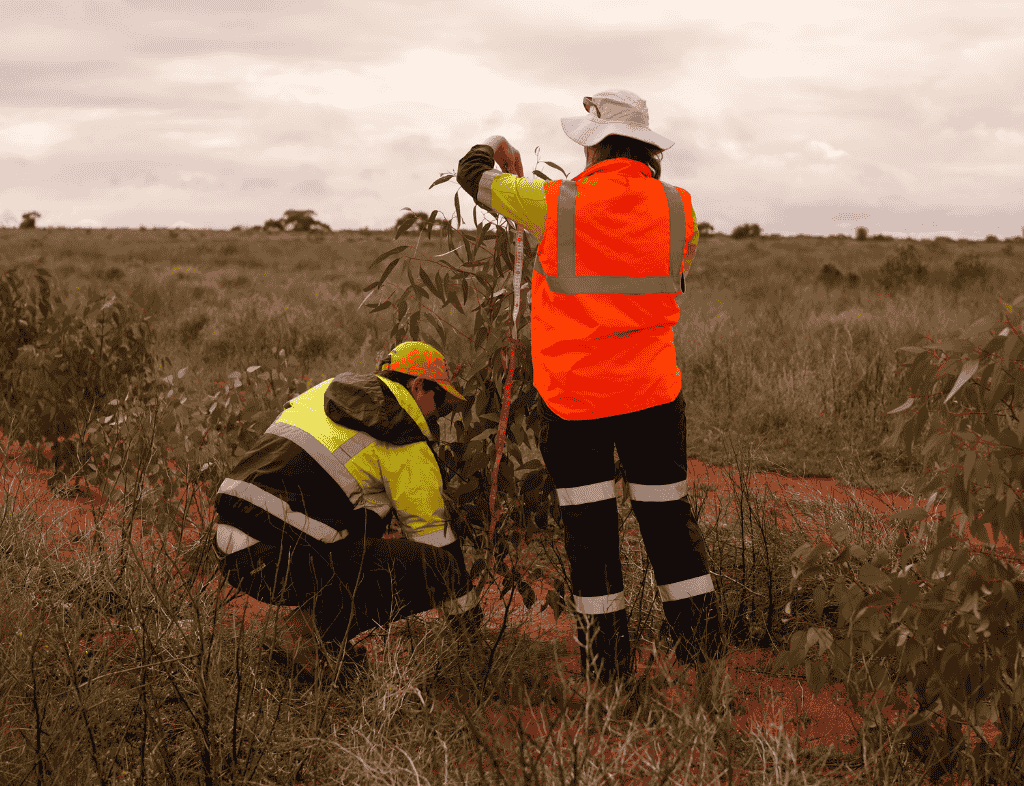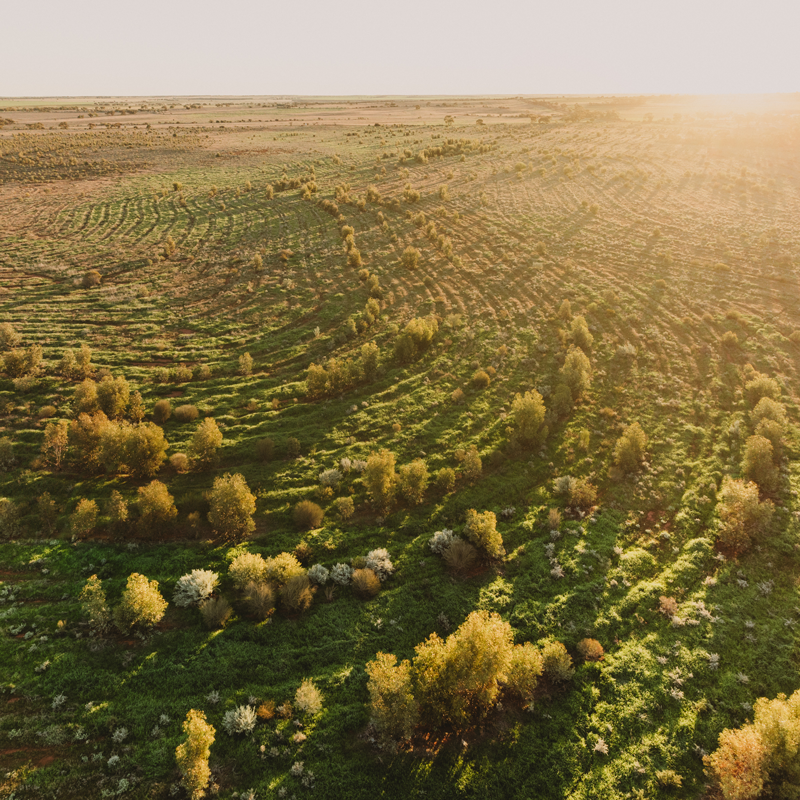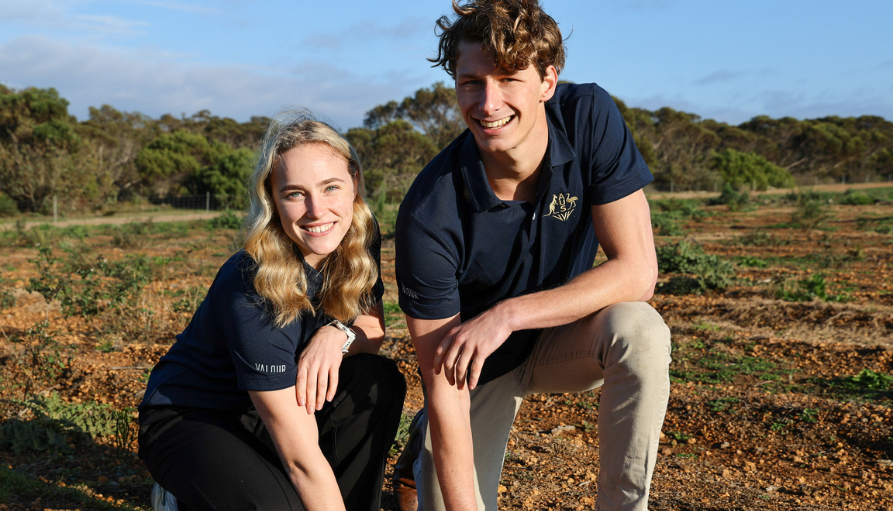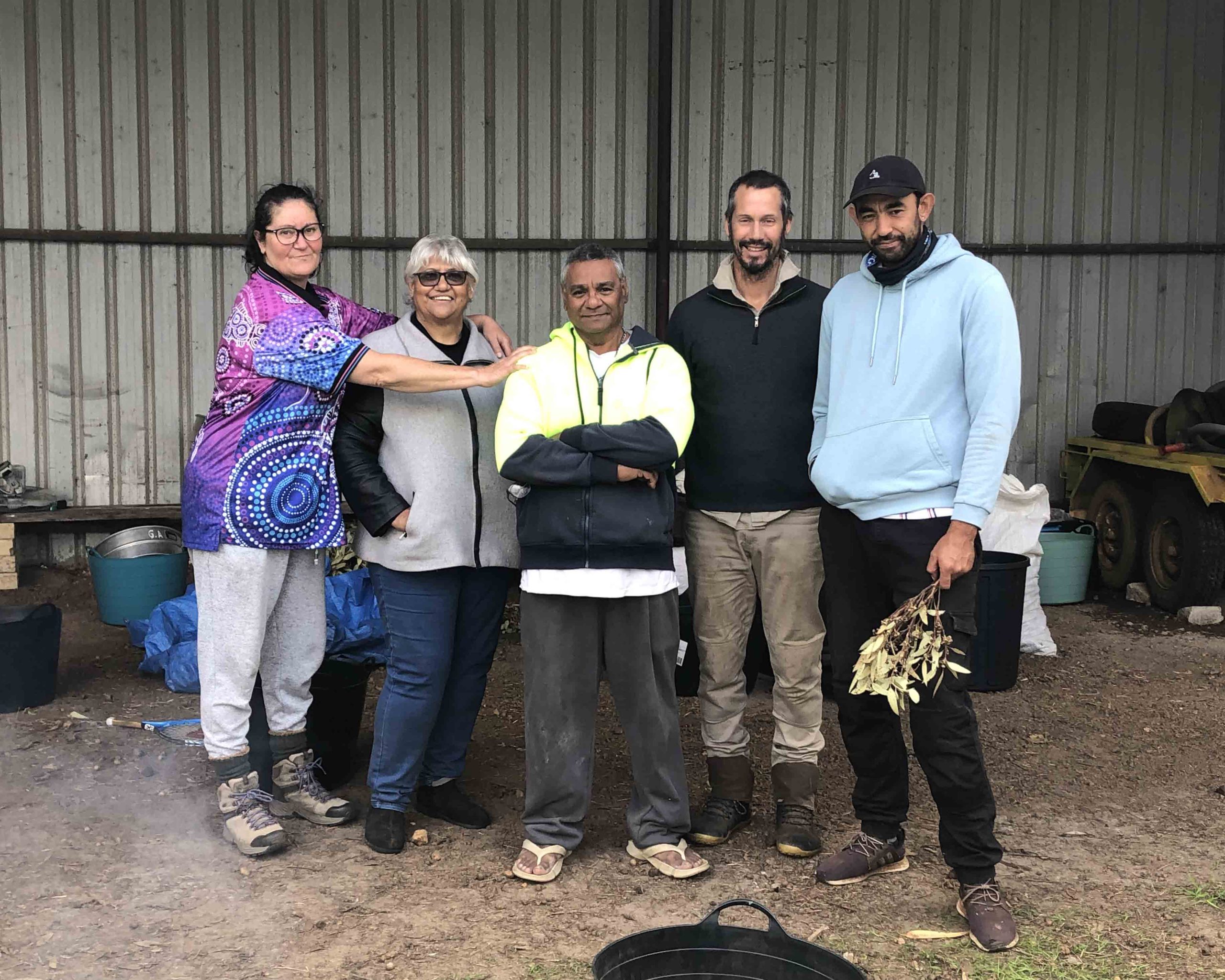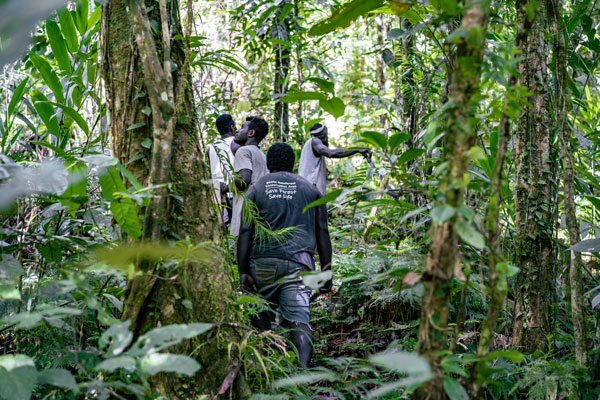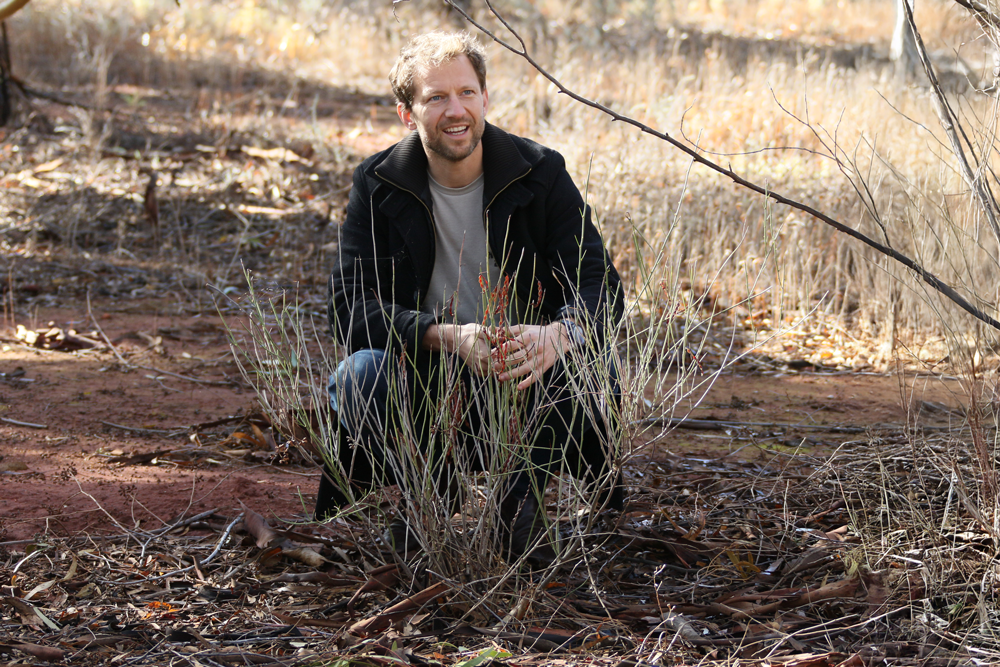The Heart of Innovation: Cooking up Change in Nepal
Carbon Neutral
DateJanuary 2025
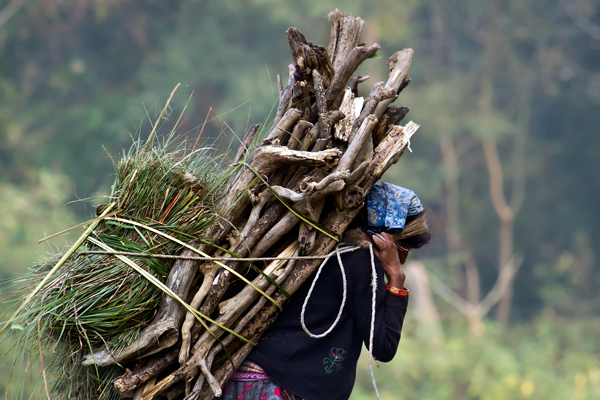
In the world of international development, it’s easy to get lost in the technical details, statistics, and grand plans. But sometimes, the most profound insights come from the simplest observations. This was never more apparent than during a video call with one of our implementation partners Neelam Sharma Riijal, Manager at Prakriti Consult in Nepal, who plays an active role in our collaborative efforts with Save the Children Global Ventures (SCGV). Neelam offered a powerful reminder: “At the end of the day, you need to be able to cook with it.”
Globally, over 2.6 billion people still rely on traditional cookstoves or open fires to prepare their meals. These inefficient cooking methods contribute significantly to deforestation and greenhouse gas emissions while also posing severe health risks due to indoor air pollution. In the context of international development, the push for cleaner cookstoves has become a critical initiative aimed at promoting environmental sustainability, enhancing public health, and empowering communities, especially women and girls.
Our team at Carbon Neutral has been working closely with Save the Children Global Ventures and the Save the Children Nepal Country Office to assess the feasibility of a cleaner cooking project, funded by Save the Children Italy. We delved deeply into the technical aspects, reviewing past projects, analysing data, and scoping locations. Yet Neelam’s words, in their beautiful simplicity, cut through months of complex discussions, reminding us of the heart of our mission: to improve the everyday lives of the people we aim to serve.
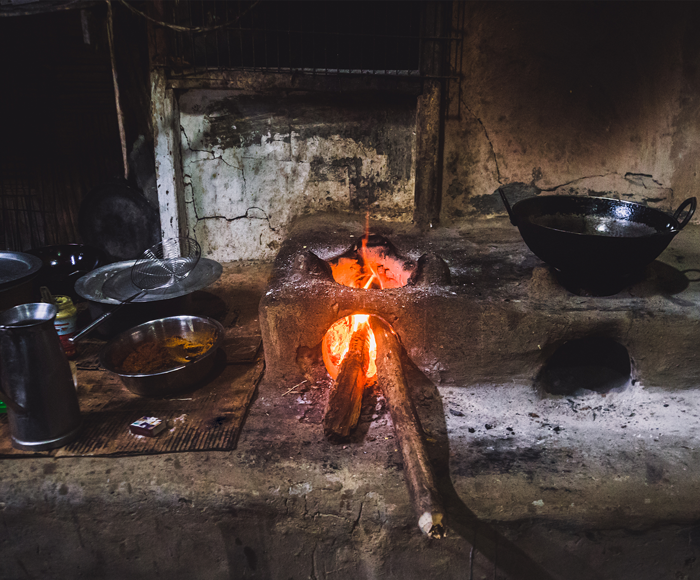
In Nepal, cooking over an open fire or traditional Chulo stove is more than just inefficient – it’s a burden that disproportionately affects women and girls. According to the Clean Cooking Alliance, studies show that women spend up to 20 hours a week collecting firewood, this unpaid work not only reinforces gender inequality but also limits economic productivity. Furthermore, only 5% of households in Nepal use clean and renewable cooking technology, such as electric induction stoves, as their primary or secondary cooking mode, highlighting the widespread reliance on traditional, polluting methods.
The smoke from traditional stoves is linked to serious health issues due to indoor air pollution, again, disproportionately affecting women and children. This exposure leads to respiratory illnesses and other chronic health problems, including eye diseases, pneumonia, and bronchitis. Our goal was clear: to introduce more efficient stoves that consume less fuel, cook more quickly, and free up valuable time.
Nepal is among the most vulnerable countries to climate change. Its fragile topography, climate-sensitive livelihoods, and limited adaptive capacity put the nation at high risk. In this context, our work on cleaner cookstove projects extends beyond household impact; it represents a critical step toward strengthening community resilience against the growing threats posed by climate change.
Our study focused on three core questions:
- How can cookstove projects help achieve global goals for children and climate strategies?
- How can voluntary carbon markets fund practical and high integrity cookstove projects?
- What are the best practices and next steps to implement a cookstove project financed by the carbon market?
The journey to positive change is rarely straightforward. We faced difficult choices between provinces: Madhesh, with its dense population and better electricity access, and Karnali, the “last mile” where help is urgently needed, but project implementation is likely the most difficult. We debated stove types, manufacturers, and distribution models. Yet all of these considerations were secondary to one crucial question: Would the community actually want to use the stove?
A field visit from Pallab Regmi, Climate Change Advisor at Save the Children Nepal, underscored the importance of this question. Community consultations revealed a crucial insight: many past projects had failed because the stoves couldn’t properly cook staples of the local diet, such as chapati or roti. The regional chapati, made with millet, requires cooking on coals—a feature missing in many “improved” stoves.
This revelation highlighted the importance of cultural context in development work. Providing a cookstove that can’t prepare a community’s staple food is not just impractical—it shows a fundamental misunderstanding of the people we aim to serve.
Data and research integration are crucial to our work. The debate on the benefits of cleaner cooking solutions is mixed. In the absence of project-specific evidence, projects should focus benefit claims on reduced exposure to indoor air pollution as part of reducing environmental risk factors for health outcomes rather than claiming the health outcomes directly.
The lesson is clear: true innovation doesn’t come from boardrooms or technical specifications alone. It arises from listening to the communities we serve, understanding their needs, and co-designing solutions that balance improvement with applicability. Our final feasibility recommendations reflected this approach. While we covered necessary technical aspects—carbon standards, methodologies, and governance structures—we emphasised the critical need for community consultation and co-design.
The team proposed creating prototypes for pilot testing, anticipating that several iterations might be necessary before finding the best fit. This approach acknowledges that the most effective solutions often emerge from cycles of trial, feedback, and refinement—all done in close collaboration with end-users.
Our roadmap from recommendations to action includes key steps to ensure the technology is both accepted and effective in real-world conditions:
- Community Consultations and Co-Design: Workshops and kitchen tests will be conducted with groups like Community Forest User Groups and local women’s groups. These sessions aim to identify specific cooking needs, preferences, and cultural practices, ensuring that solutions genuinely meet the community’s daily requirements.
- Prototype Selection for Pilot Testing: After gathering insights from consultations, we will select prototypes for pilot testing, understanding that refining the technology may require multiple iterations. Testing will prioritise solutions that address local cooking requirements. To verify their functionality, safety, and durability, stoves will undergo evaluation at the Renewable Energy Test Station (RETS) to ensure compliance with the National Interim Benchmark for Biomass Cookstoves.
- Pilot Distribution and Monitoring: Sample stoves will be sourced or manufactured locally to support the economy while balancing product quality, design, and cost. Distribution will involve partnerships with local organisations, government bodies, and private-sector collaborators to enhance community buy-in and logistical efficiency. Ongoing data collection will help refine stove designs and adapt deployment models to local needs. By monitoring emissions reductions and co-benefits, we aim to validate the potential of using carbon finance to sustainably scale the project.
Our approach acknowledges that sustainable solutions require cycles of trial, feedback, and refinement, developed alongside the communities who will ultimately use these stoves. This approach, rooted in integrity and collaboration, lays the foundation for a program that addresses immediate needs while fostering long-term resilience and empowerment.
As we continue with this project and others like it, Neelam’s words serve as a guiding principle: “At the end of the day, you need to be able to cook with it.” This simple reminder underscores that the most effective innovations understand and address the daily realities of the people they’re designed to serve. In the quest for global development and sustainability, the most profound insights often come from the humblest sources—like a conversation about cooking dinner.
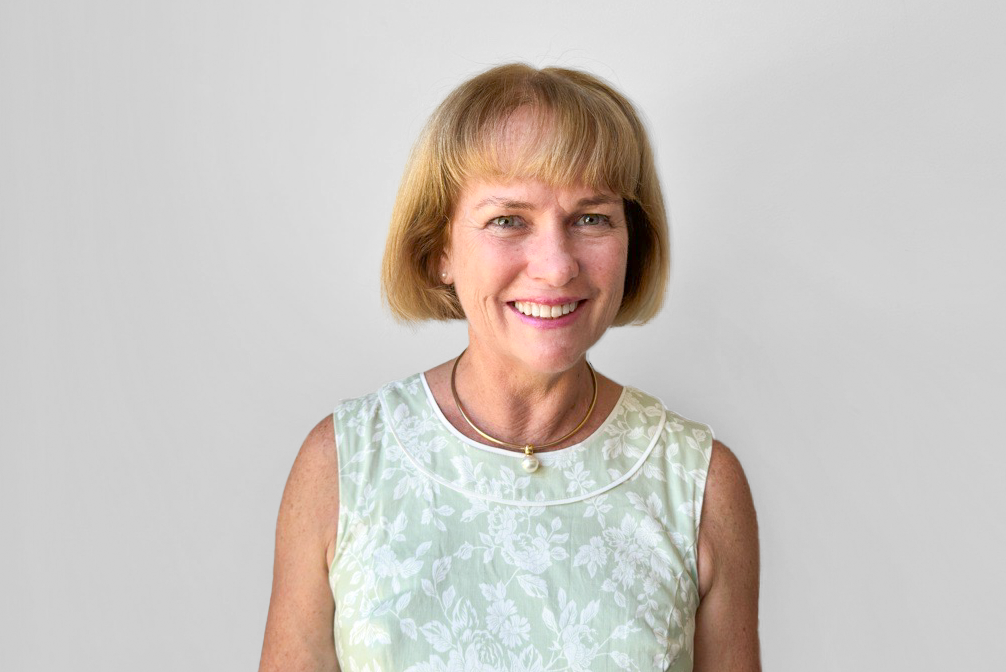
Contact us Today
Looking to develop or expand a carbon project that creates sustainable value, benefits local communities, and drives global impact?
Connect with Rebecca Pearse, our International Partnerships Manager, to explore how we can support your goals on an international scale.
Global Partnerships for Climate Action
Learn how Carbon Neutral’s international collaborations are creating tangible benefits for the planet and global communities. From reducing emissions to supporting sustainable development, these partnerships drive meaningful progress.
Explore stories in the world of sustainability, carbon and climate change.

